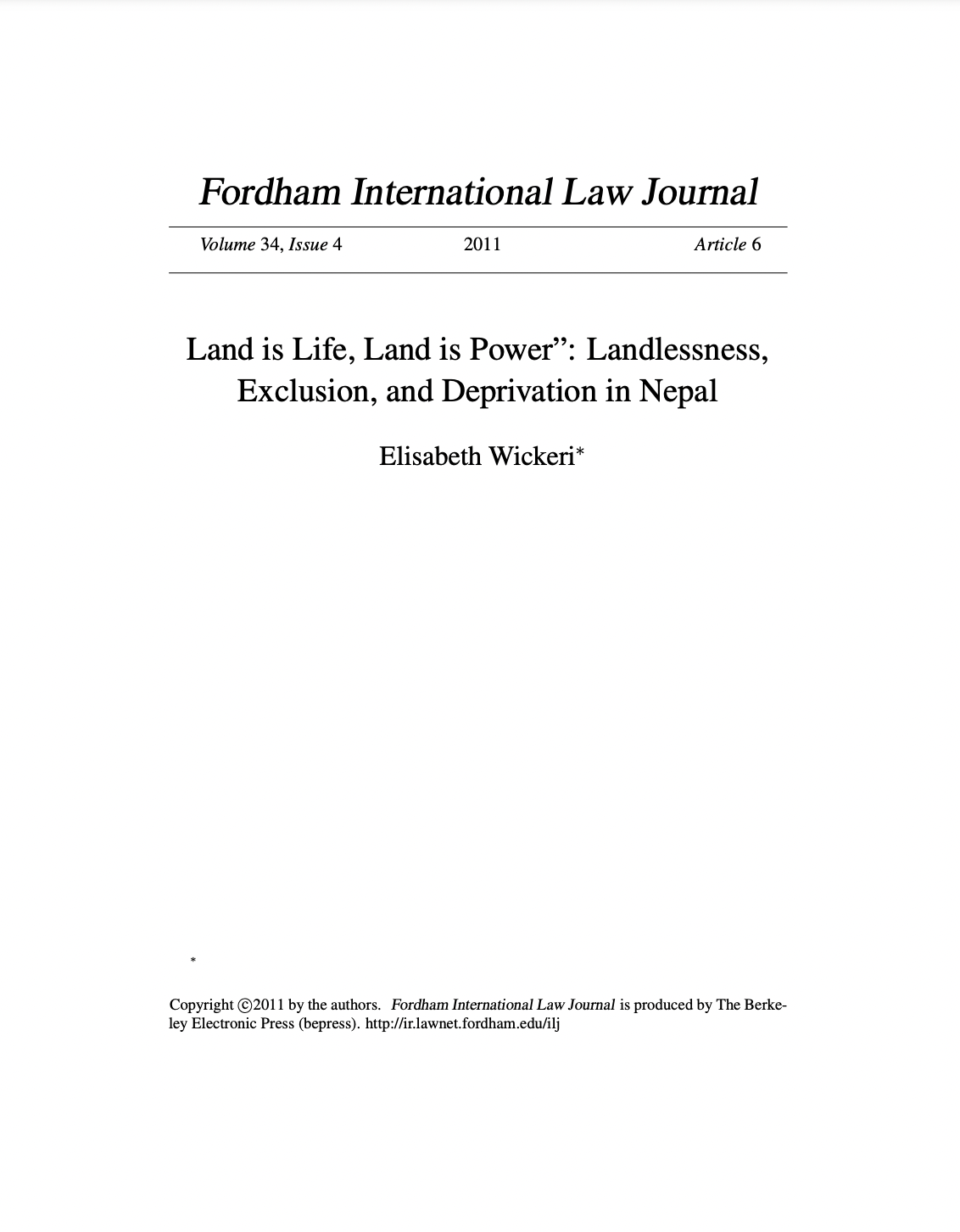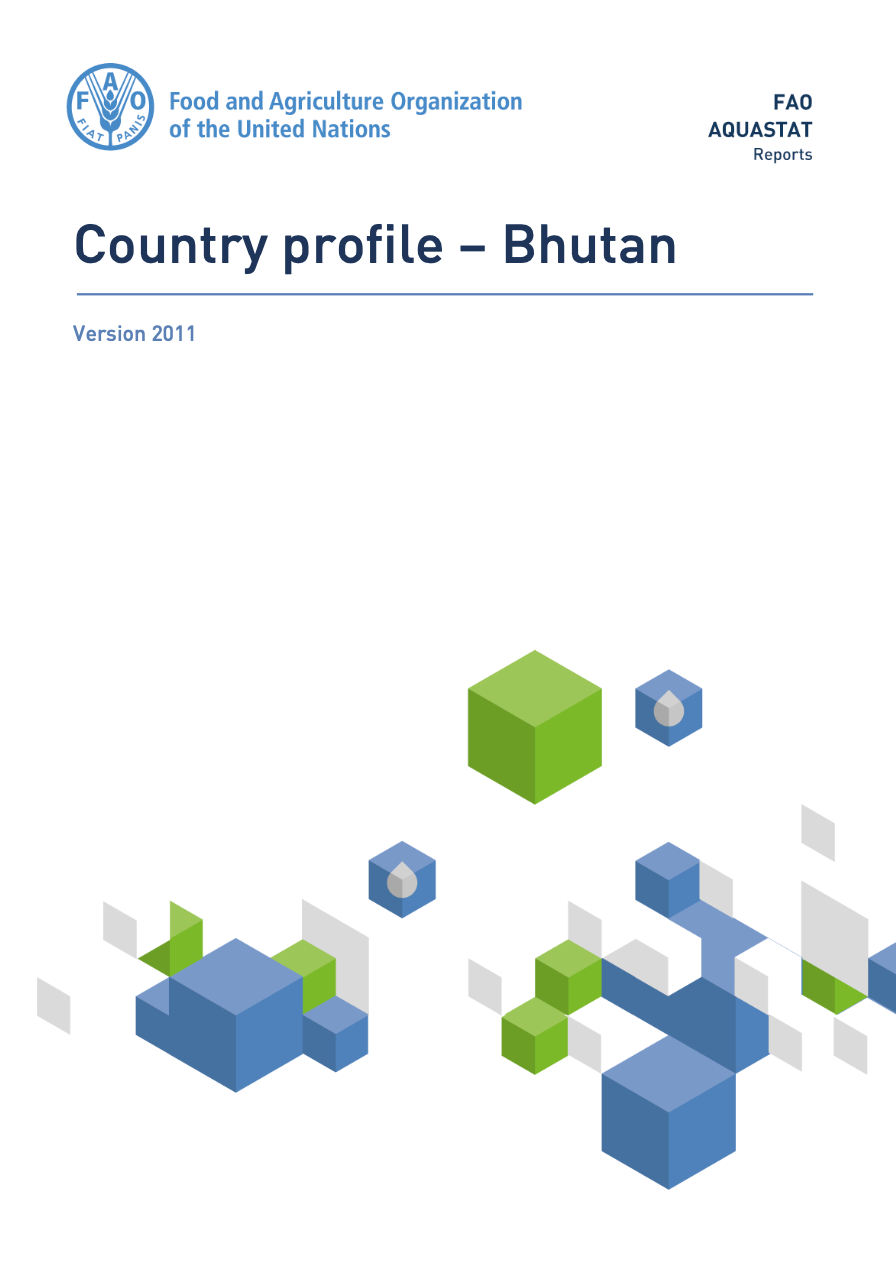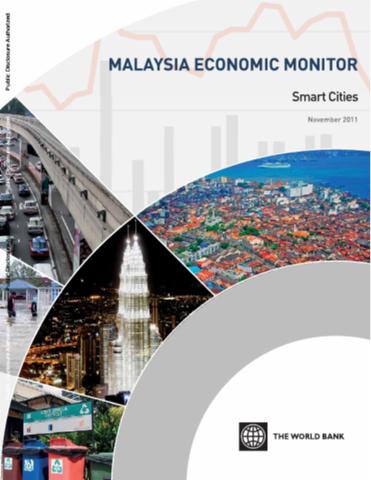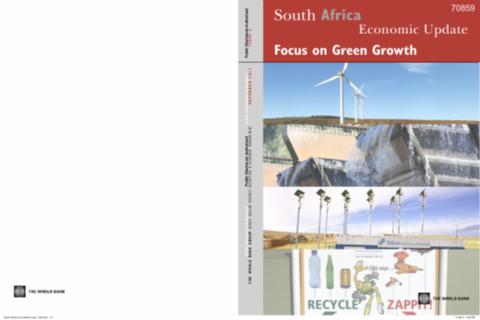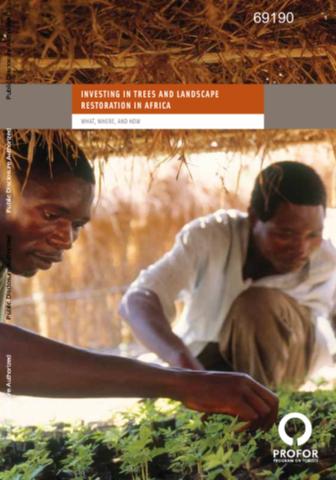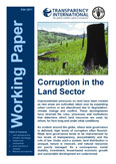Land is Life, Land is Power”: Landlessness, Exclusion, and Deprivation in Nepal
This Report presents the findings of this research effort. A comprehensive consideration of the many aspects of land ownership in Nepal, including the related issues of agricultural development, the impact of nonstate actors in newly-formed special economic zones, and the claims of landlords returning to land seized during the Maoist conflict is beyond the scope of this project. The Report and study focused on documenting the impact that inadequate access to land has on the human rights of landless people, including rights to housing, food, water, work, and access to justice.

